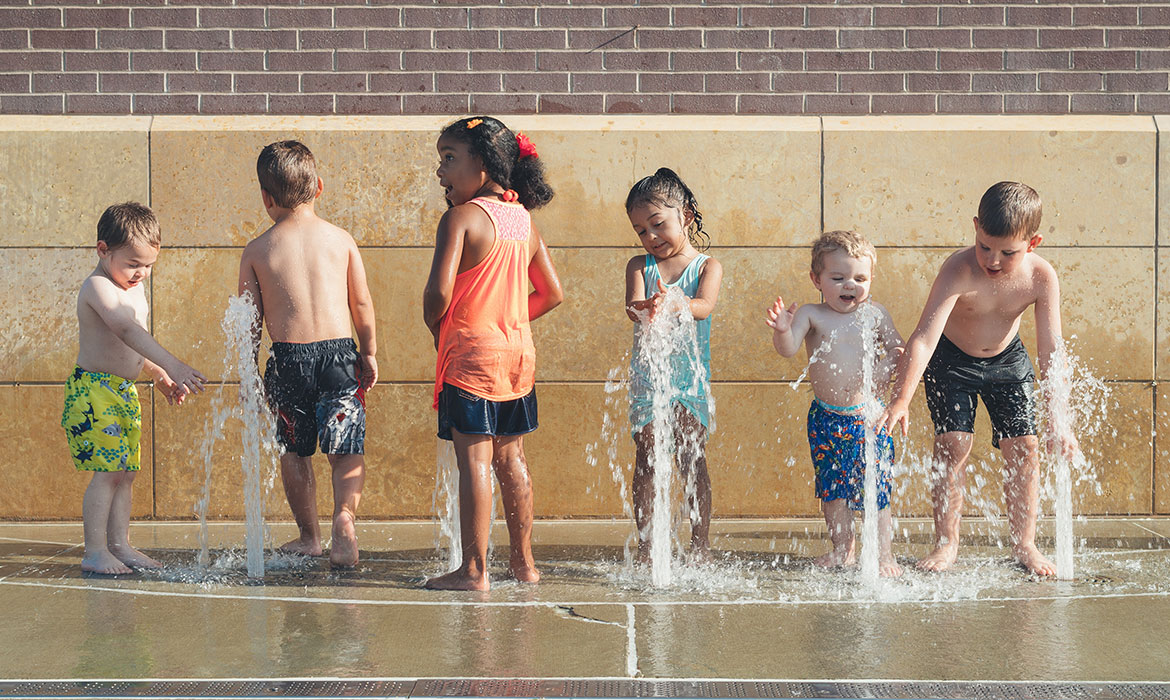Every week in the month of April we will be featuring an article on the art of friendship. To see the full series, click HERE.
by Rachel Anne Ridge, author of Flash the Donkey Makes New Friends
“Mom, it’s like we’re still the same kids even though we’re both grown-ups now!” My daughter’s voice smiled over the phone as she told me about a recent visit with a childhood friend. I recalled how our front door seemed to revolve as the girls went back and forth between our house and her friend’s in our little neighborhood. Half the time (it seemed to me) their playtimes involved one or both getting upset and crying at some point, but somehow they always made up and went on living in their pretend world or playing their backyard games. And even though her friend eventually moved away, their friendship has remained strong across the miles and given them countless wonderful memories.
As parents, we want our children to experience the joys and challenges of good friendships. We know that healthy relationships with their peers will provide fun and important growth experiences they can carry with them into adulthood. And scientific research confirms what we already believe to be true: meaningful friendships are key to a lifetime of emotional health and even physical well-being.

Some children find it easy to make friends, while others struggle, often painfully, to find just one friend. While we can’t make friends for our kids, there are things we can do to help facilitate good friendships in their lives. Here are ten simple ideas for helping your child find a friend:
1. Remember that friendship skills are learned. Take time to talk about the basics: how to greet another child, how to find things in common, and how to show kindness. Practice giving compliments such as “I like your shirt” or “I like the way you color.”
2. Get acquainted with the neighborhood kids, your child’s classmates and fellow Sunday School students, and other children in their sphere. Look for opportunities to see how your child interacts with them. Have conversations about their shared activities to get a feel for who your child is drawn to and why.

3. Realize that kids are naturally drawn to other kids who are similar to them. Help your child expand their circle of potential friends by talking about how they could befriend someone who is different. Highlight how differences make us unique and special and celebrate those qualities in your conversations.
4. Remember that good friendships take time and are built on shared experiences. This will require intentionality and patience on both your parts. For example, provide play dates that have a bit of structure. Encourage your child to choose mutually enjoyable activities so that both kids associate a positive experience with time spent together.
5. Be ready to redirect, if necessary, with a snack or new activity when conflicts arise. Rather than viewing conflicts as failures, see them as a natural part of interacting and look for opportunities to talk about how to resolve them peacefully. Role-playing scenarios such as giving back a toy or saying “I’m sorry” can help your child practice conflict resolution—a skill he will need throughout his lifetime!

6. Every friendship will have bumps along the way. Help your child learn that he can gain a good friend by being a good friend. Have him look for ways to be helpful and thoughtful, even when his feelings are hurt.
7. Connect with other families and participate in activities as a group. Look for opportunities to spend time with a family of another race or culture, or one with a special-needs child. Children who experience this early on are more likely to have better empathy skills and accept others who are different.
8. Read books together that feature friendships. A vivid story creates a safe space for conversation: Talk about how the characters treat each other, what hinders them, and what makes them good friends. Ask questions about their own friends and how they can apply the lessons learned from the books.

9. Don’t forget to pray. As parents, we often do more worrying and fretting over our children’s lives than praying about them. Believe that God cares deeply about your child and wants to provide everything she needs to flourish. This includes good, healthy friendships! As you provide the opportunities, ask God for wisdom (as James 1:5 tells us) to know when to step back and let friendship blossom in its own way, and when you might need to step in to redirect it if necessary.
10. Finally, don’t underestimate the power of modeling the importance of good friendships in your own life. It is true that “more is caught than taught,” and our children will learn by example how to find and keep good friends. This means making time for our grown-up relationships, in spite of our busy lifestyles. If we want our children to choose good friends, they need to see us doing what it takes to do the same! In other words, we need to “walk the walk.” When they see us befriending those who are different, helping others in need, and sharing life’s joys with a friend, they will want to follow in our footsteps.
Helping our kids cultivate healthy relationships and find good friends is an ongoing, long-term endeavor. By keeping conversations open, providing opportunities, and modeling deep friendships ourselves, we can give them good foundations for their friendships to flourish.
Resources used:
https://www.livescience.com/53315-how-friendships-are-good-for-your-health.html
https://www.parentingscience.com/teaching-empathy-tips.html
 Flash the Donkey Makes New Friends by Rachel Anne Ridge
Flash the Donkey Makes New Friends by Rachel Anne Ridge
Children will fall in love with Flash the Donkey as they learn the value of true friendship and what it means to be a good friend to others.
Hee-haw! A stray donkey with a penchant for inventions is taken in by a mismatched collection of barnyard friends. Flash the Donkey Makes New Friends is the heartwarming story of a not-so-ordinary donkey who needs a special place to belong. Flash is the inquisitive type who loves to invent things and solve problems, but his curiosity sometimes gets him into trouble! With the help of his new-found friends—Jed the Goat, Carson the Pig, and Ruby the Chicken—Flash manages to turn problems into adventures and learns valuable lessons along the way. Inspired by Rachel Anne Ridge’s memoir Flash, named one of Publishers Weekly’s Best Summer Books of 2015, kids will fall in love with this endearing donkey as they learn to appreciate the value of true friendship.
For a limited time* select Friendship Titles are up to 75% off! Shop HERE>>
*4/1-4/29/2018




